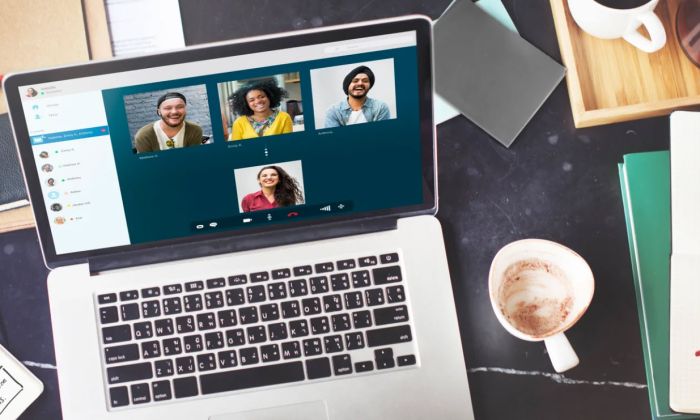On March 26 Egon Zehnder convened over 50 HR Directors across Spain and Portugal in a virtual meeting with Bianca Tulumello (CHRO at Barilla, based in Parma, Italy) and Maggie Zhang (CHRO International, AIG, based in Hong Kong). The objective was to engage in a Q&A and share the lessons learned from an HR leadership perspective with HR Directors from key geographies facing the Pandemic. Personal reflections, tangible challenges, and opportunities to show visible leadership were all concepts that found their way into our conversation. We summarize below the most important takeaways.
Keeping people safe is the top priority
In practical terms, that means that everyone who can work from home should do so. This entails not only ramping up your technological capabilities but, if you need to make an investment in upgrading your WFH technology, then this is money well spent. Equally important is paying attention to the employees' wellbeing, easing their worries, and providing psychological support. In other words, making it sustainable for them to remain safely at home with the necessary support. For those who cannot work from home, providing the means to make them feel they are safer at the office/plant than elsewhere is a must. To hedge against internal propagation this could include splitting teams, or organizing teams around shifts to minimize interactions between the same categories of staff. It also means providing relevant protective equipment, temperature checks, and sanitizer. At one company, they helped keep people safe at the workplace by incentivizing "lonely lunches" (offering coupons for eating alone).
Communicate well
Keeping people safe means different things if you have a retail/field based sales organization VS office or manufacturing/warehousing populations. Make conscientious efforts to keep a balance between initiatives implemented for each target group, and communicate this reality clearly. Some key pointers on communication:
-
Do it in the most personal way possible. One company sent gift baskets to every employee with a personal note. Another engaged celebrities to record internal messages for their employees.
-
Communicate in the right amount. Try not to over communicate at the beginning or you risk making people anxious. But do not under-communicate for you then risk not informing staff of what is being done to keep them safe in a timely manner.
-
Make sure employees know that you have a clear plan to keep them safe. In a time like this it is important to show visible leadership, demonstrate empathy and "connect" with everyone.
Do not overdo contingency planning
Some situations, such as bonus pay-out season coincided with the height of the crisis which required critical HR team involvement in the immediate short-term. But for most industries and circumstances, not everyone in HR will need to have a backup in place. In most instances, flexibility will do the trick. So, yes, have a crisis cell to ensure that you are deploying resources efficiently and able to prioritize, but do not over-involve your people in too many crisis teams. Minimum is better.
Move quickly through the noise
At times like this you are likely to experience a surge in solidarity. Teams will step up and people will share a plethora or good-hearted ideas. Don't let yourself be overwhelmed by this outpouring. Engage in a check and balance exercise, filter out emotions and focus on what is doable, what can be implemented quickly, and what works best. Keep focused on putting the right initiatives behind your message, which, remember, is that you are focused on protecting all employees.
Use (the right) incentives to keep up engagement
As the situation drags on, communication will be only one way to keep engagement. With time you may need to start using incentives to keep the house together. Here, it's important to choose the right incentives that support your message or situation. For instance, one firm added additional medical insurance focused on Covid-19 coverage because this is what made most sense at the time. Another introduced a short term bonus based on productivity. Do not overspend on just any kind of incentive; take the time to find what works best for your situation.
Prepare for the (immediate and distant) future
In China, people are starting to come back to work. There, the policy is caution: anyone who can work from home and would prefer that option should be allowed to do so. For all others, provide every precaution available and use this opportunity, once more, to communicate your plan.
Make the most of the opportunities provided by this crisis. This means embracing change, revisiting your supply chain for added flexibility, and continue developing your technology and remote work force capabilities. Above all, remember that this level of complexity is unprecedented. Nobody has all the answers and this crisis provides a unique opportunity to tap into our respective networks, from suppliers to customers, to exchange solutions and implement best practices.





